There are two accounts of the negative effects on humanity of the explosion of generative AI: one minatory, one trivial. The minatory – the existential – version is that AI will poison the information ecosystems on which our democracies depend, crash our economies by doing a very large number of us out of a job, give every lunatic and terrorist the means to engineer novel pathogens at home and administer the coup de grâce by sending terminators into our recent pasts and/or overstocking the cosmic stationery cupboard by turning all of us into paperclips.
None of these scenarios shows any signs of imminently coming to pass, though, since experts in the field take them seriously, we should, too. But what we’re dealing with now is not the existential, but the trivial. I speak, of course, of the global proliferation of ChatGPT Studio Ghibli memes. In recent weeks, social media has been bombarded with AI slop in the ostensible style of the Japanese anime house. Famous scenes from films, paintings, popular memes user selfies – all have been turned into cutesy cartoons at the touch of a button.
The White House posted a whimsical Ghibli-style image of Immigration and Customs Enforcement agents arresting a weeping felon from the Dominican Republic. The Israel Defense Forces announced chirpily, “We thought we’d also hop on the Ghibli trend,” posting anime versions of its soldiers on patrol or flying fighter jets. OpenAI has said the sheer number of Ghibli requests is threatening to crash its vast server farms.
Generative AI soaks up a huge amount of computing power – and it’s thirsty. The data centers producing your hilarious meme of a Studio Ghibli Khrushchev denouncing Stalin at the 20th Party Congress are drinking more and more groundwater each time you tweak it to give Khrushchev a slightly bigger nose. Is this half-thought-out meme honestly the best use of that water? If the last few humans die fighting Mad Max resource wars across a parched Earth, it’d be nice for the dignity of our species if we didn’t have to attribute it to giggling boomer uncles sharing stupid memes on Facebook.
Studio Ghibli’s founder Hayao Miyazaki, who has called generative AI “an insult to life itself,” is watching his life’s work get scraped by bots while tech billionaires profit from it. But there are broader artistic reasons to be depressed by what generative AI is doing to culture. These Ghibli images are not a way of making “creativity available to everybody”: they are a travesty of the idea of creativity, a branding consultant’s idea of creativity. Its distinctive visual style isn’t what makes Studio Ghibli Studio Ghibli. To mistake the style for the artistic product is the lowest sort of asininity. What ChatGPT is doing is erecting the golden arches above a building that hasn’t the slightest capacity to produce hamburgers.
Making creativity of this sort available to everyone is not to democratize art but to cheapen it. The digital age has removed barriers to entry. But the ultimate barrier to entry, the most important one of all, is the effort and commitment required to make a work of art at all. Self-publishing through Amazon is easy – but at least you had to write a book, however bad, before you could send it into the world. As everyone who has ever made something creative knows, the effort and time involved in making art plays a very large part in winnowing the good ideas from the bad. You refine your ideas, learn your craft, improve your technique.
Generative AI has removed that last barrier to entry altogether. It requires next to no effort at all to turn your half-baked idea, or someone else’s, into a simulacrum of an artwork in seconds. You don’t need to learn to cartoon, to immerse yourself lovingly in the original, to produce a piece of fan-art or a parody. You don’t need to think of what image or joke might work best. Just hammer out a quick prompt – “leatherface texas chainsaw ghibli” – and hey presto, you’re a “creator.”
The early promise of the internet wasn’t that it would fill the world with more rubbish (though that was an inevitable side-effect) – it was that it would filter it for us. It would make it searchable. It would help us find the good stuff amid all the dross. This promise, with the rise of generative AI, has been dramatically turned on its head. What we’re seeing with the Ghibli trend – as we did a year or two back when suddenly everyone was posting hilarious Wes Anderson-style clips – is a version of a frictionless future in which “creation” requires no effort at all, and the results are worth exactly what the effort put into them suggests.
Here is one of the most powerful new technologies on the face of the planet – and we’re using it for a monkey-see, monkey-do stampede of half-hearted jocularity. Slop is flooding the zone. Kipple is driving out non-kipple. Being turned into paperclips, at this stage, is starting to look like it might come as a blessed relief.
This article was originally published in The Spectator’s May 2025 World edition.



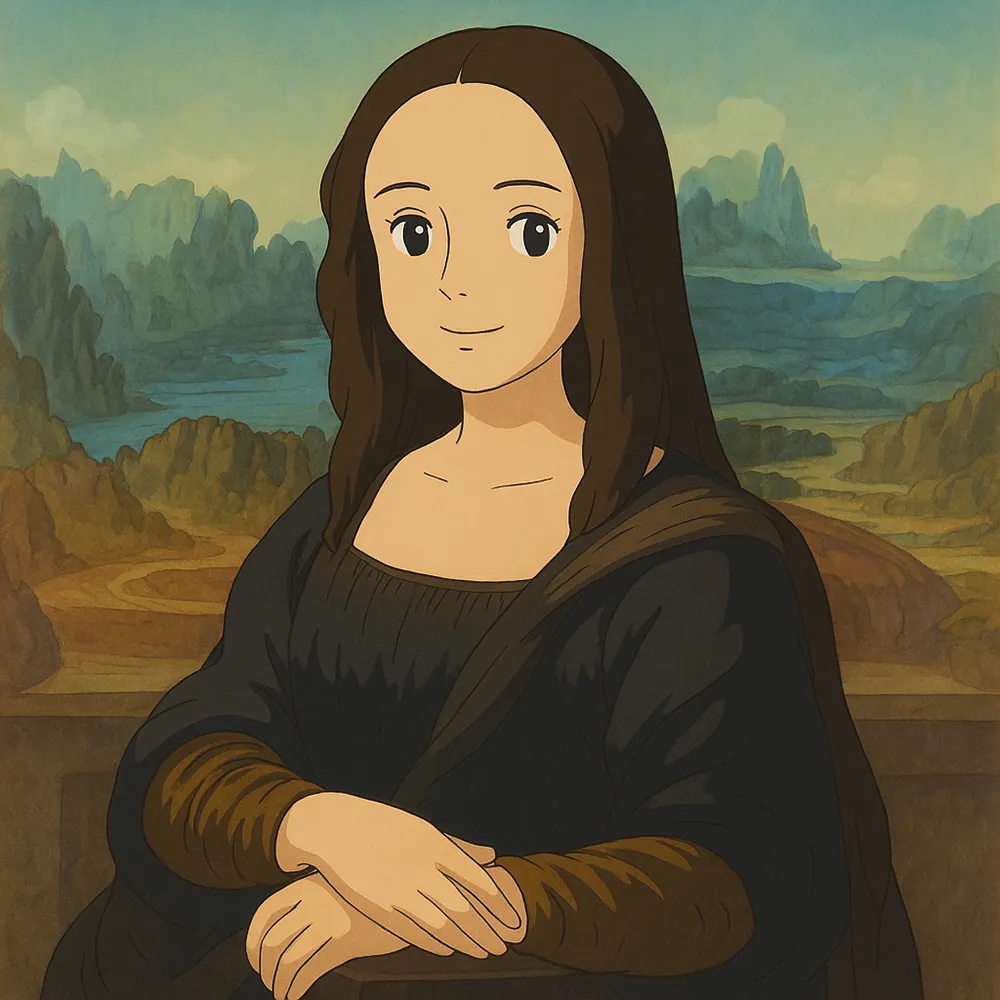






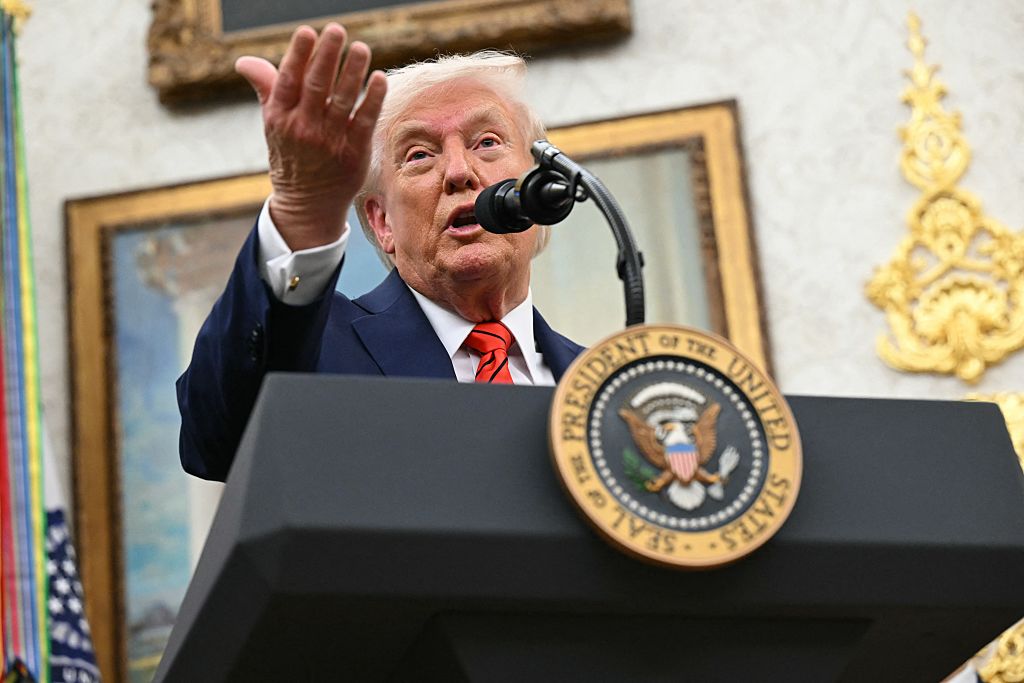
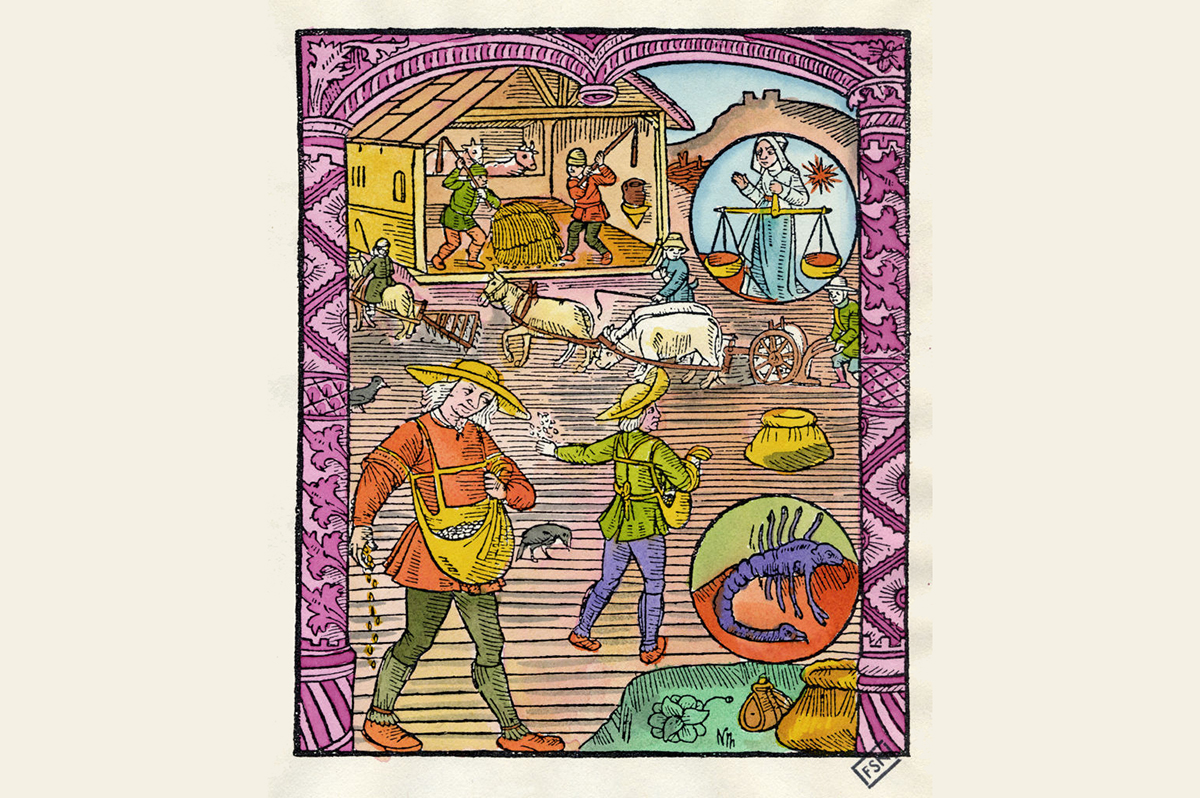
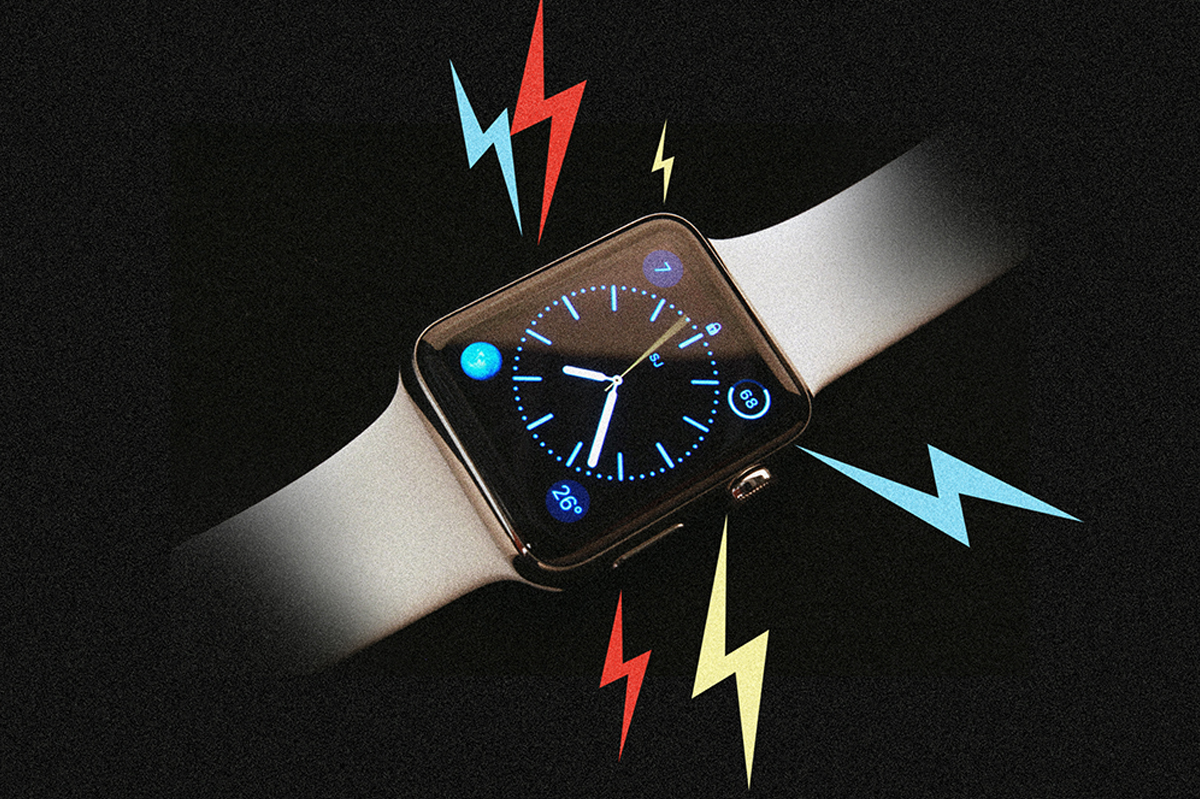
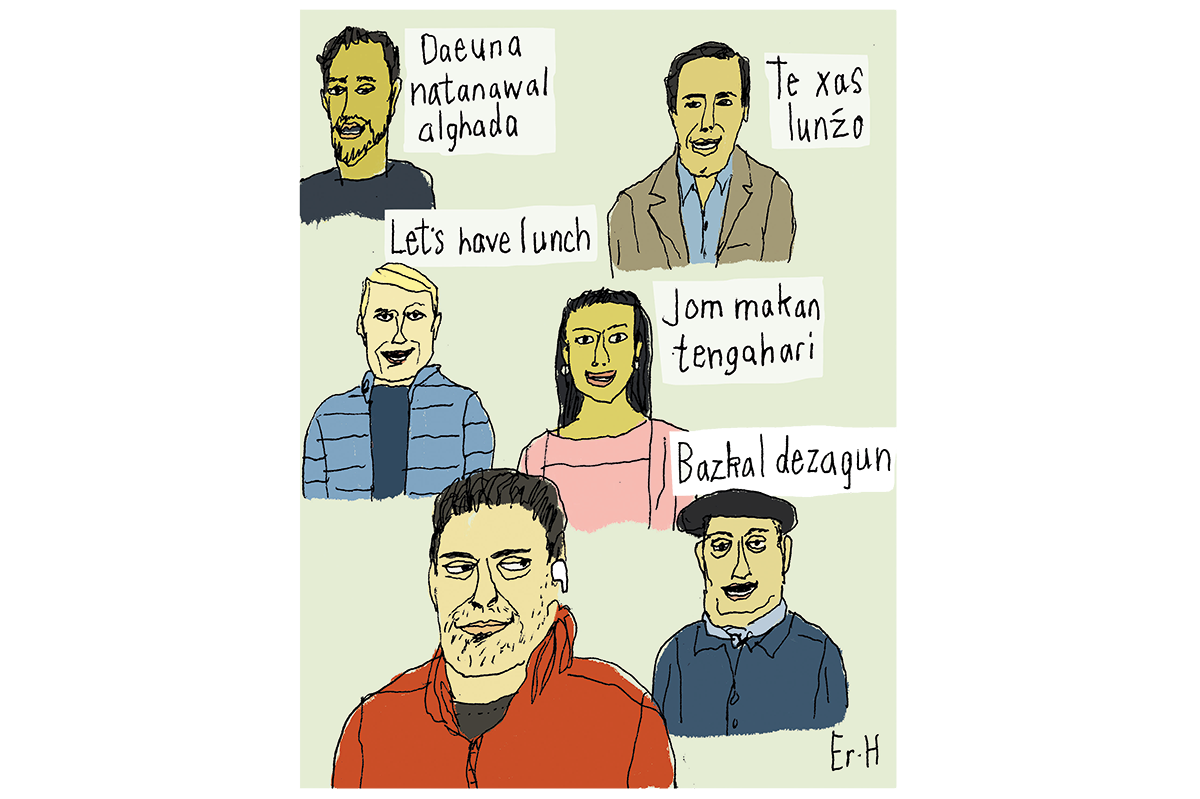









Leave a Reply